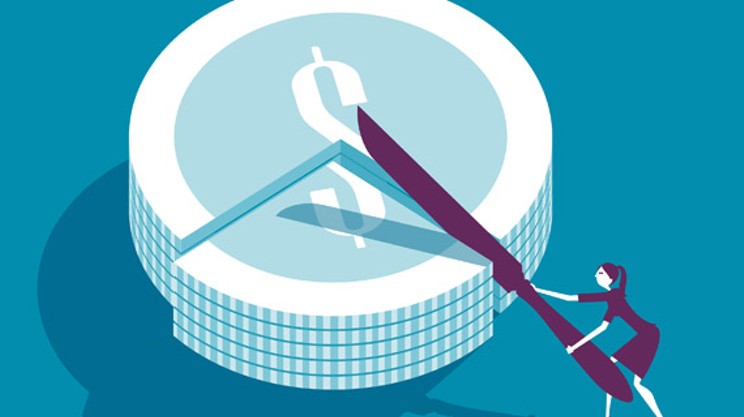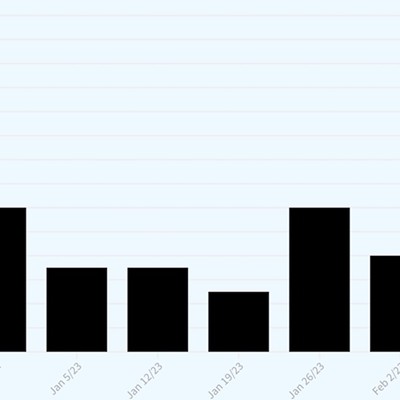The federal government’s latest announcement hopes to catch many of those who fell through the cracks of regular employment insurance. The Canada Emergency Response Benefit (CERB) was written into law on Wednesday as part of the Covid Aid Package Bill C-13, giving Canadians about $2,000 a month for up to four months as early as April 10.
You qualify if:
- You lost your job because of COVID-19
- You are sick with COVID-19, quarantined because of COVID-19 or are caring for someone sick with COVID-19
- You’re a parent whose kids aren’t at school or daycare, and therefore you’re stuck at home caring for them
- You’re a contract worker who can’t get an ROE (record of employment)
- You’re self-employed (musicians, massage therapists, writers, crafters, business owners)
What you get:
About $500 a week ($2,000 a month) for up to four months.
How you get it:
Apply online. The application is expected to be set up by April 1, and money should flow within 10 days of getting signed up.
Who should apply:
Because Canada has seen a record number of applicants for Employment Insurance (prime minister Justin Trudeau said nearly 1 million on Wednesday), this stream is for those who aren’t covered by traditional EI and those who are but haven't been able to get it yet. It’s an attempt to take some stress off the system. And, if you do the math, there’s a chance you’re better off here (in the short term) if you were making less than $23 an hour before being laid off.
If you qualify for regular EI but choose to apply for the Emergency Response Benefit instead, you can still get your remaining EI benefits after the 16-week CERB period is over.
How much you qualify for is based on the hours you’ve worked and the unemployment rate where you live. In Halifax, the unemployment rate is 6.6 percent—so to qualify for regular EI you have to have worked at least 665 hours in the last 52 weeks—which will get you 15 weeks of EI benefits. If you worked more hours, you’ll get benefits for longer.
If you've already applied for EI but haven't got a response, hold tight. You don't need to reapply.
The government's EI website has been slow to access, with some people reporting that it takes up to four hours to make it through the whole process. But we wake up on the east coast before the rest of the country does—so setting your alarm for 6am might be enough to get through while the website isn't overloaded.













